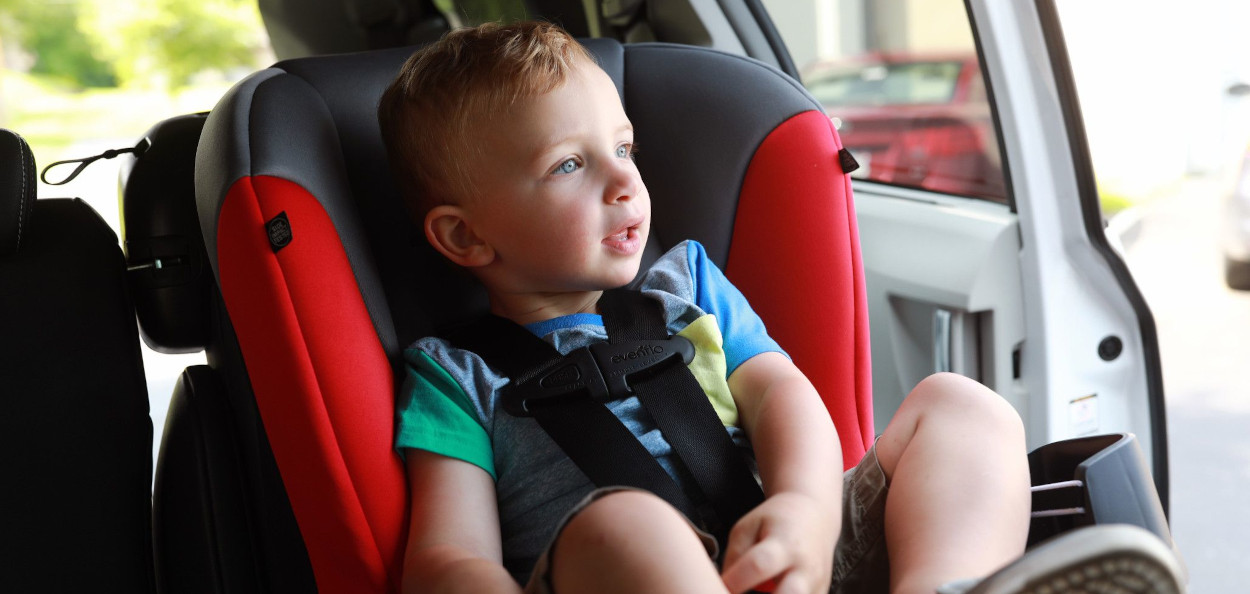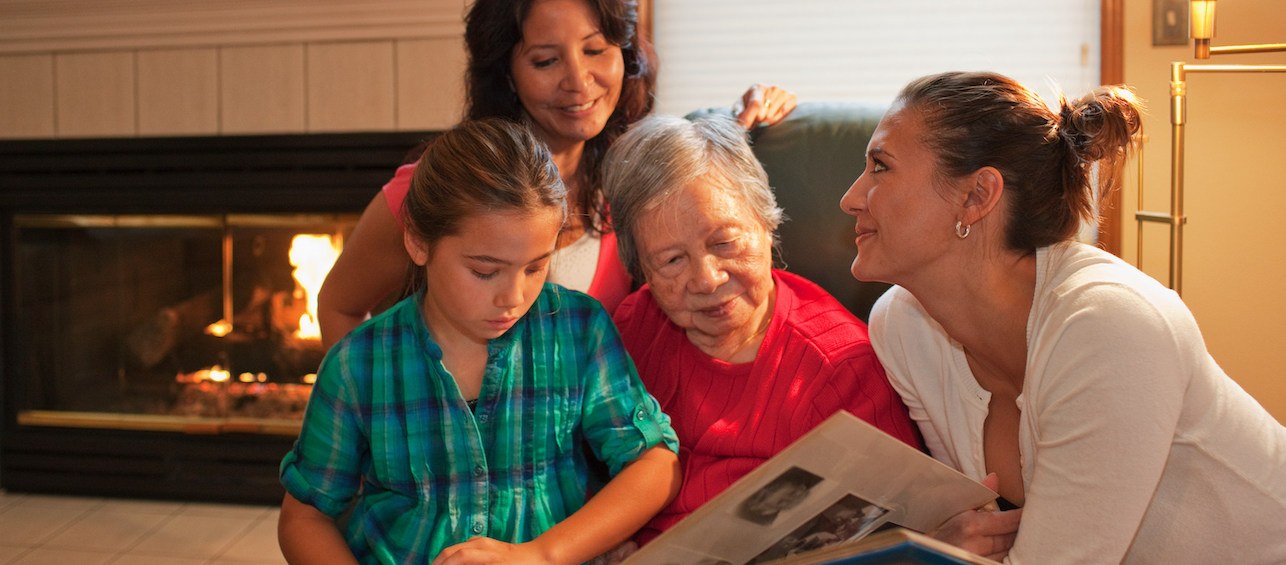Because motion sickness is fairly common in kids – especially between ages 2-12 – parents often ask how they can prevent it. Motion sickness makes traveling difficult but understanding why it happens can help parents avoid it.
Why Motion Sickness Happens
Motion sickness happens when there is a disconnect between how the different senses detect movement. For instance, kids often feel motion sick when they’re reading a book while traveling in the car. Their inner ears sense movement but their eyes do not. This disconnect in senses can be confusing for the brain, leading to feelings of motion sickness. It’s important to note that while it happens most frequently in the car, motion sickness can happen during any type of movement, such as on a boat, plane, etc.
While we don’t have a good understanding of why some kids get motion sick and others don’t, there are a few strategies parents can try to help prevent it:
How to Help Kids Prevent and Decrease Motion Sickness
- TIME YOUR DRIVE
If your kids tend to get motion sickness, consider timing your drive around bedtime or naptime so your kids will be asleep during the bulk of the car ride. - OPEN THE WINDOWS
Having adequate air ventilation in the car can help with motion sickness. - LOOK UP AND OUTSIDE OF THE CAR
Remind kids to look up and outside of the car so that their brains process movement. Have them look straight ahead at the horizon, rather than to the side of the car. Sitting in age- and size-appropriate car seats or boosters can help with this. The ideal location in the car is in the middle back seat. - CONSIDER WHAT THEY EAT
Eating greasy, heavy foods can make kids feel queasy. Avoid giving them these types of foods before a trip. On the flip side, some kids feel motion sickness when they have an empty stomach, so offering light snacks, like crackers, may help. - TRY DISTRACTIONS
Play games, sing songs, talk about what you’re going to do on the trip. - ENCOURAGE DEEP BREATHING
Taking deep breaths, through activities such as singing, can help decrease motion sickness - MAKE FREQUENT STOPS AND LET YOUR KIDS WALK AROUND
- OFFER MEDICINE, WHEN NECESSARY
If these strategies don’t work for your kids, try an over-the-counter antihistamine, like dimenhydrinate (Dramamine) or diphenhydramine (Benadryl). I recommend testing it before you travel because you don’t know how it will affect kids. For most, it makes them drowsy; however, some kids feel wired when they take it. Be sure to give it to them an hour before traveling so that it has time to work.





